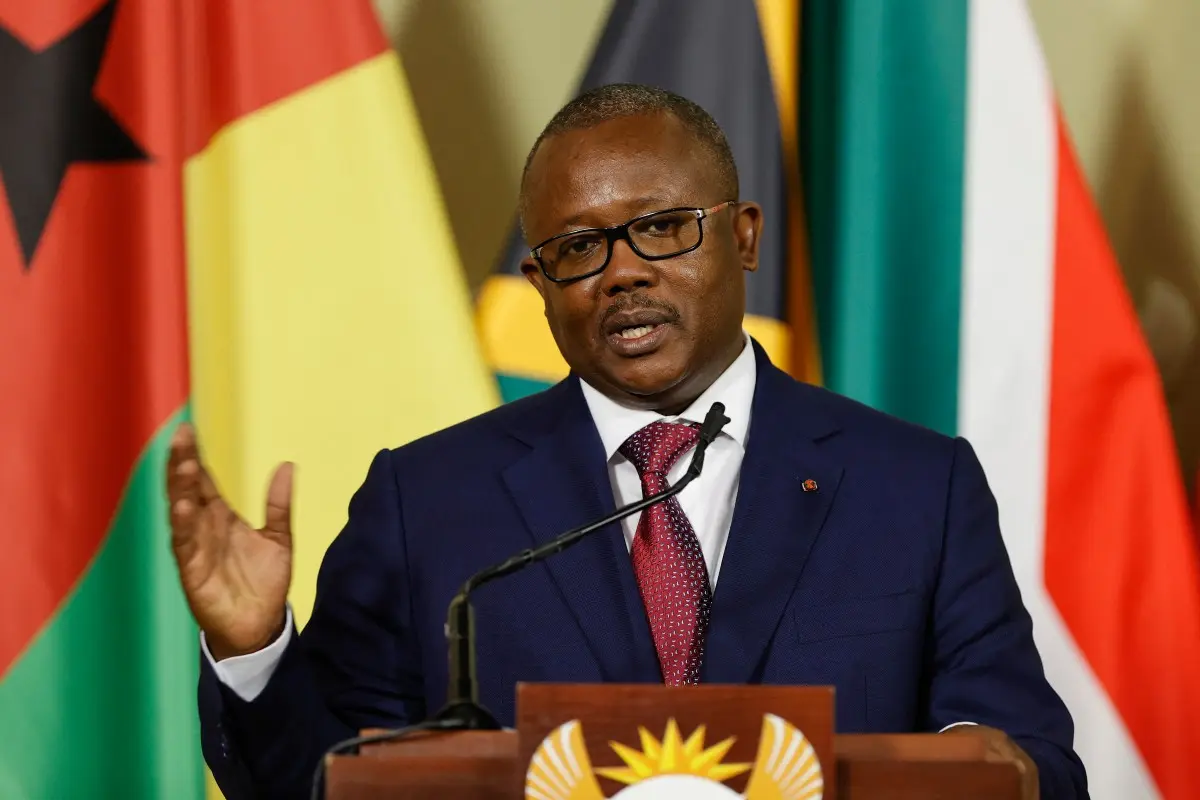The President of Guinea-Bissau, Umaro Sissoco Embalo on Thursday sacked the Prime Minister and immediately named a replacement in the wake of what he has described as an ‘attempted coup.’
A presidential order which was sighted by Africa Today News, New York disclosed that Geraldo Joao Martins ‘is dismissed from his post as prime minister. The decree comes into force immediately.’
Another decree named Rui Duarte Barros as his replacement.
Violence erupted in the capital, Bissau, between members of the National Guard and special forces of the presidential guard on the night of 30th of November, leaving two people dead.
Embalo announced an ‘attempted coup’ had taken place and dissolved parliament, saying the West African nation had been plunged into crisis and fresh elections would be held.
Read Also: Stand Against Military Coups, Tinubu Beg ECOWAS Leaders
In addition, he declared that Martins would stay in his position while assuming responsibility for the ministries of military and the interior.
Martins and Barros are both affiliated with the PAIGC party, which is in charge of the opposition alliance that emerged victorious in the June polls.
Barros was prime minister of a transitional government in the early 2000s after a stint as finance minister.
Since gaining independence from Portugal in 1974, the country of two million people has seen a series of coups and coup attempts.
Elected to a five-year term in December 2019, Embalo survived a bid to overthrow him in February 2022.
Recall that the President of Nigeria, Bola Tinubu had last week appealed to members of the Economic Community of West African States (ECOWAS) to remain committed to ensuring that democracy remains the only form of governance in the sub-region.
President Tinubu who was speaking in his capacity as Chairman during the opening ceremony of the 64th ordinary session of the ECOWAS Authority of the Heads of State and Government, which is taking place in the State House, Abuja, asked the leaders to fight for democracy and stand against unconstitutional change of government among member states.
But he underlined that in order to ensure short-term, workable transition plans that can bring about democracy and decent governance, it is imperative that we re-engage with nations ruled by the military.
West African leaders are meeting for talks with the region in deepening crisis, after four countries fell under military rule and with risks growing from Sahel jihadist conflicts.
